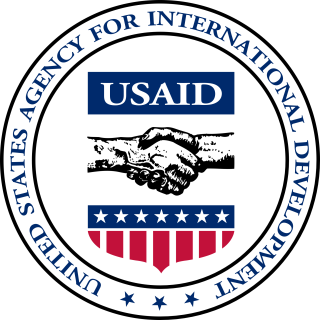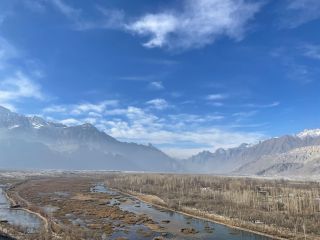Costs/infrastructure of medical care
The medical infrastructure in the big cities for common cases varies between improvised and quite good; for serious cases it is best to return to your home country. Healthcare is cheap compared to most countries, but all care usually has to be paid in advance. It is recommended that you take out appropriate travel insurance before visiting Pakistan, especially for any medical evacuation.
The regular floods in the summer – autumn not only claim many victims, they have also caused the displacement of entire population groups. The flooded areas are particularly exposed to the development of diseases (diarrhoea, dengue, cholera, etc.) because the water drains and evaporates only very slowly. These flooded areas and also the areas near rivers should therefore be avoided
Water and food safety in Pakistan
General hygiene conditions in Pakistan are poor. The quality of the water is substandard. It is not filtered or is insufficiently filtered and is the carrier of many bacteria, which can cause all kinds of diseases, including by eating freshly washed food. Even cooked vegetables or fried meat can cause problems due to the often unhygienic processing or poorly refrigerated storage. Gastrointestinal problems are therefore very common. The complaints can take on serious forms and are accompanied by high fever, severe cramps and dehydration. In some cases, it concerns serious poisonings, which can leave lasting traces. A number of people continue to struggle with these diseases and are forced to leave the country. Local health care can only partially solve the problems, and certainly not prevent them.
It is therefore important to be careful with what you eat and drink. Normally, international hotels in the cities and their restaurants pose no major problems. Luxury restaurants in the major cities (Islamabad, Karachi, Lahore) have a good reputation for hygiene.
Vaccines
You should check whether you have had the usual vaccinations and/or whether they are still valid (diphtheria, tetanus, polio, etc.). It is best to do this via a visit to a recognized medical center, which will normally also provide you with a recognized International Vaccination Certificate (the so-called yellow booklet). For more information, please visit the website of the World Health Organization.
Polio
Given the endemic presence of wild polio in the country, it is recommended for all travelers to be vaccinated against this disease (possibly a repeat), preferably at least four weeks before departure to Pakistan.
Evidence of vaccine administration must be documented in the International Certificate of Vaccination and Prophylaxis, also known as the ‘yellow booklet’ (on pages 4 and 5, where the vaccination certificate for mandatory vaccines is affixed). More information can be found on the WHO website.
Dengue fever
Dengue fever is a viral infection spread by the Stegomyia mosquito, which stings mainly during the day and in the early evening. Dengue is native to Pakistan. Symptoms include acute high fever, muscle aches, joint pain and possibly a skin rash. There is no vaccine for it. Because dengue can be dangerous and in some cases even fatal, it is important to consult a doctor immediately if you notice these symptoms and to always protect yourself against mosquitoes (use a mosquito repellent product with DEET, sleep under a mosquito net, wear long clothes ). Dengue occurs in both urban and rural areas, especially during the period July to October (monsoon). Information about the epidemic is available here(link is external).










